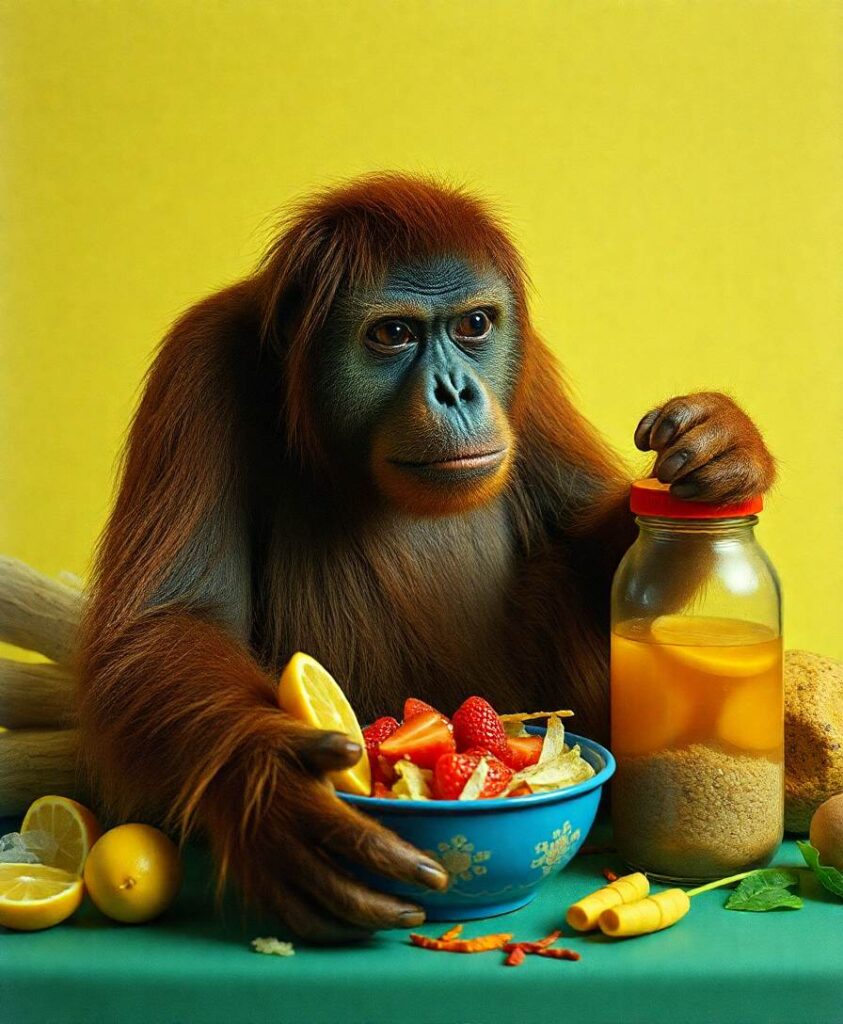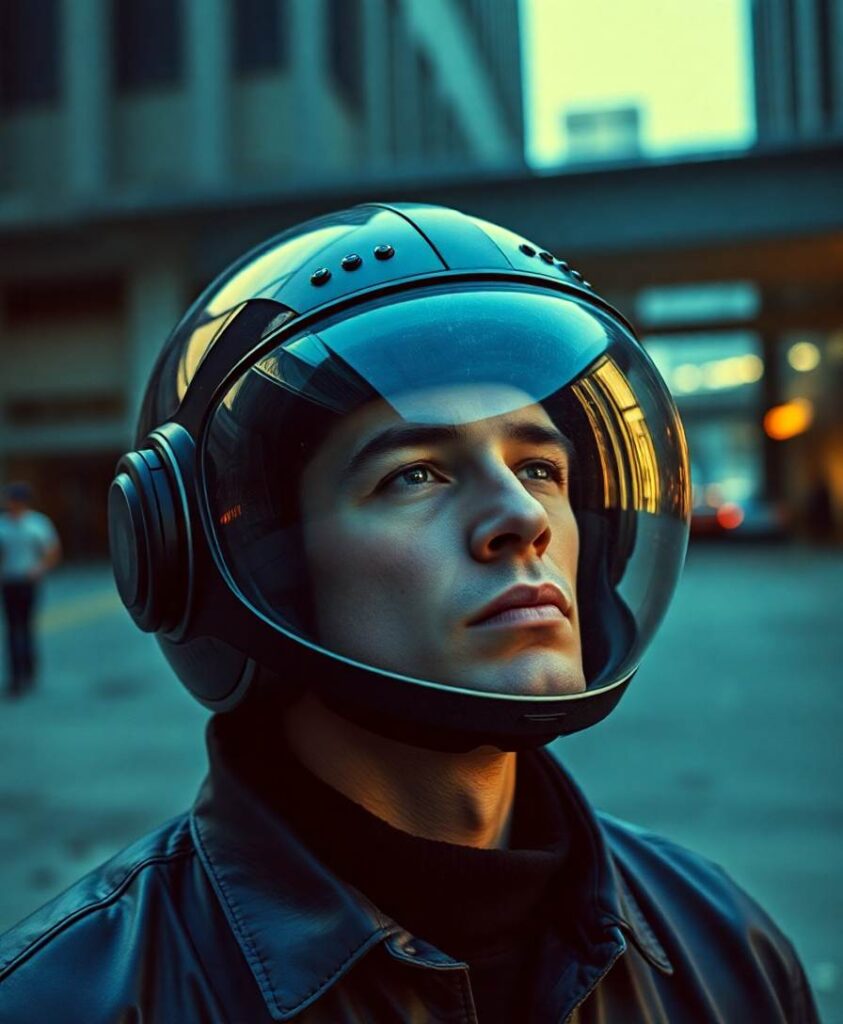Thinking about selves as relations between people and their practices reframes familiar moments. Hunger, hesitation, pride and regret are linked to the affordances of our world — the objects and routines that cue action and shape attention. Learning to move through shared practices teaches us to expect responses from the world; those responses feel like a voice. Development is therefore a choreography across time, where inherited ways of doing meet a person’s growing skill and sensitivity.

This perspective matters for questions about growth and inclusion. If selves arise in practice, then changing environments, making tools accessible, and shaping communal routines become levers for expanding human potential. The article points toward methods that study the world-facing conditions of minds. Follow the link to explore how reframing the self outside the head could change how we nurture agency, skill, and belonging.
Abstract
What is that “inner” voice that keeps you up at night or that tells you to stop as you reach for another chocolate? Advances in embodied cognitive science raise doubts about explaining the “self” as the result of internalizing our shared world. On that emerging view, there is nothing to transport from outside to inside the skull. But, if not an inner state of mind, then how should we understand the experience of a self? This paper develops a relational approach to individualization by aligning ecological thinking with practice theory through Meadian considerations. On this account, we continuously experience a meaningful world, filled with possibilities for action, tied to things in places and practices. Practices are intergenerational processes in which materials get organized by what we do, while in turn organizing us. Becoming a “self” requires learning to attend to such communal organizations as one’s relation to the world expands across development. As we learn to engage various such organizations skillfully, we can experience them responding to us. Situated across practices, the “self” develops as a reciprocal relation between multiple timescales: notably between communal practices and a person’s skilled activities. When we close our eyes and our thoughts come to the fore, we experience this reciprocal relation directly. To get this relational self into view, psychology needs to get out of our heads and study the worldly conditions that make us.



